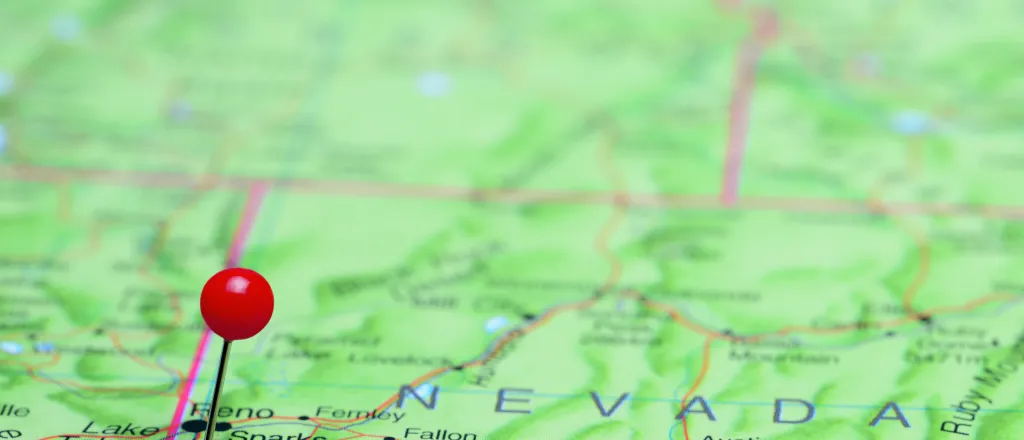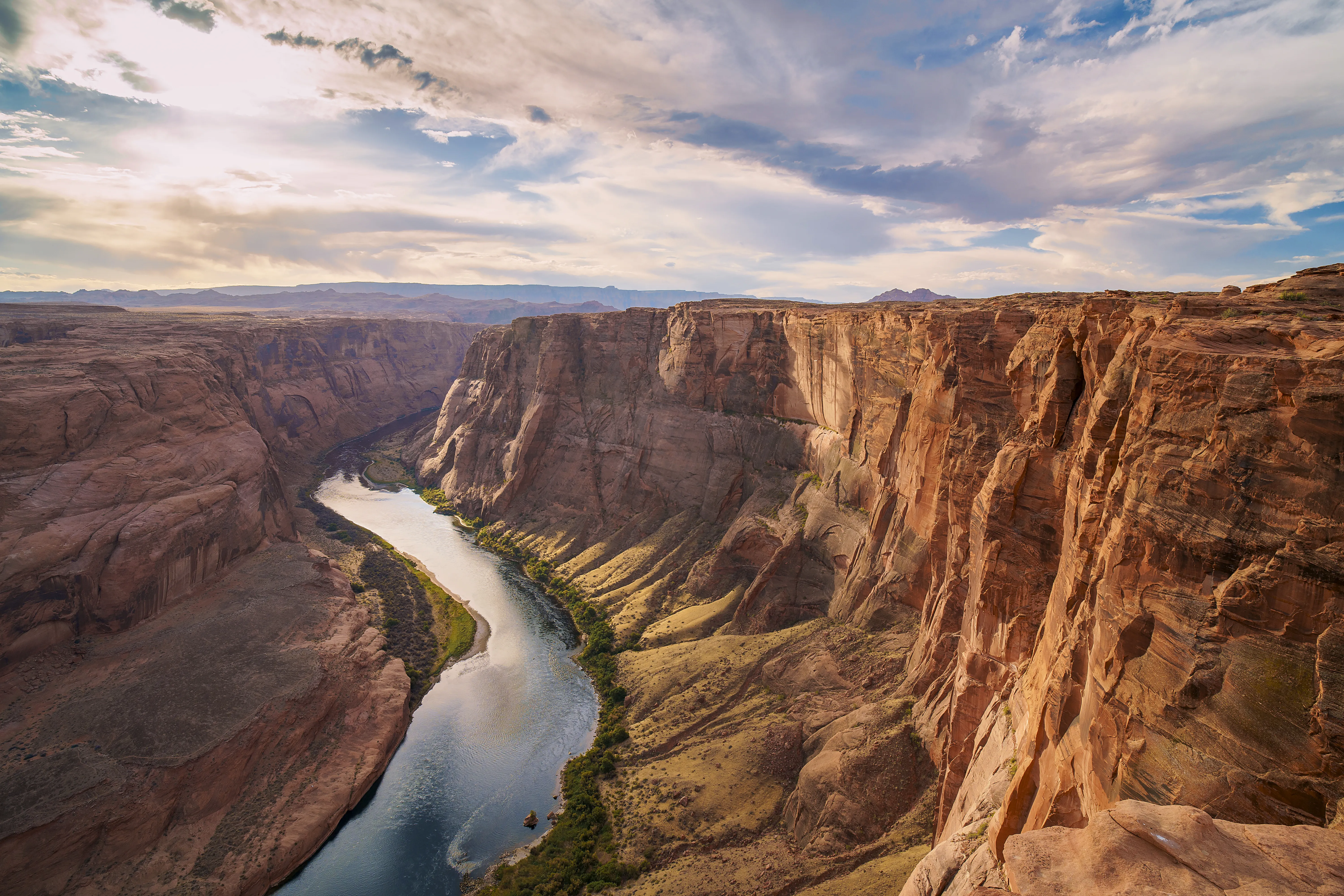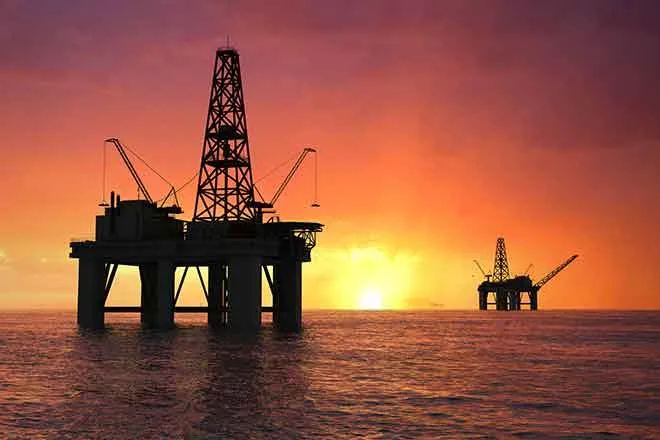
Experts discuss Nevada's snowpack, climate challenges
(Nevada News Service) Scientists and experts are looking at the state of Nevada's snowpack and what it means for the state's landscapes in the foreseeable future. During a recent webinar, experts talked about where Nevada stands in relation to long-term drought and how the current snowpack in the Sierras will impact it.
Dan McEvoy, regional climatologist with Desert Research, said this year's snowfall will bring relief and help mitigate a lot of the surface water deficits and added reservoirs in Northern Nevada and California are filling quickly even though spring and summer snowmelts have not yet happened.
"Talking about drought, this year is going to erase a lot of the deficits we've seen over the past several years, particularly the last three years in terms of that surface water so filling up the reservoirs. The streams will be full this summer, and overflowing in some cases, which is another challenge, " he said.
McEvoy added despite significant precipitation this year, over the last couple decades there have been wetter years such as 2011 and 2017, which have "bumped up the groundwater aquifers a bit," but said they are still on a long-term decline and are not recovering.
One thing is certain, McEvoy said: Temperatures are expected to continue to warm, but called this year an "anomaly" because it was a cold winter. He expects warmer winters to make their return, ultimately making droughts more severe.
August Isernhagen, Division Chief of Wildland Fuels with Truckee Meadows Fire Districts, said the snow in higher elevations will stay on the ground longer, which will help slow fires in the Mountain Regions. But that is not the case in desert and shrub lands.
"Because of all the moisture, our annual grass crop should be substantial this year. But that annual grass crop is key for our desert fires because when we have a lot of grass, that is the continuous fuel that fire uses to move horizontally across the landscape," he said.
Isernhagen added one of the biggest fire concerns for Nevada is cheat grass, an invasive species that grows fast and "chokes out native plants." Because it germinates in the fall, it finishes its life cycle earlier in the season, meaning fires could happen a month to two months sooner than normally expected, he said.















